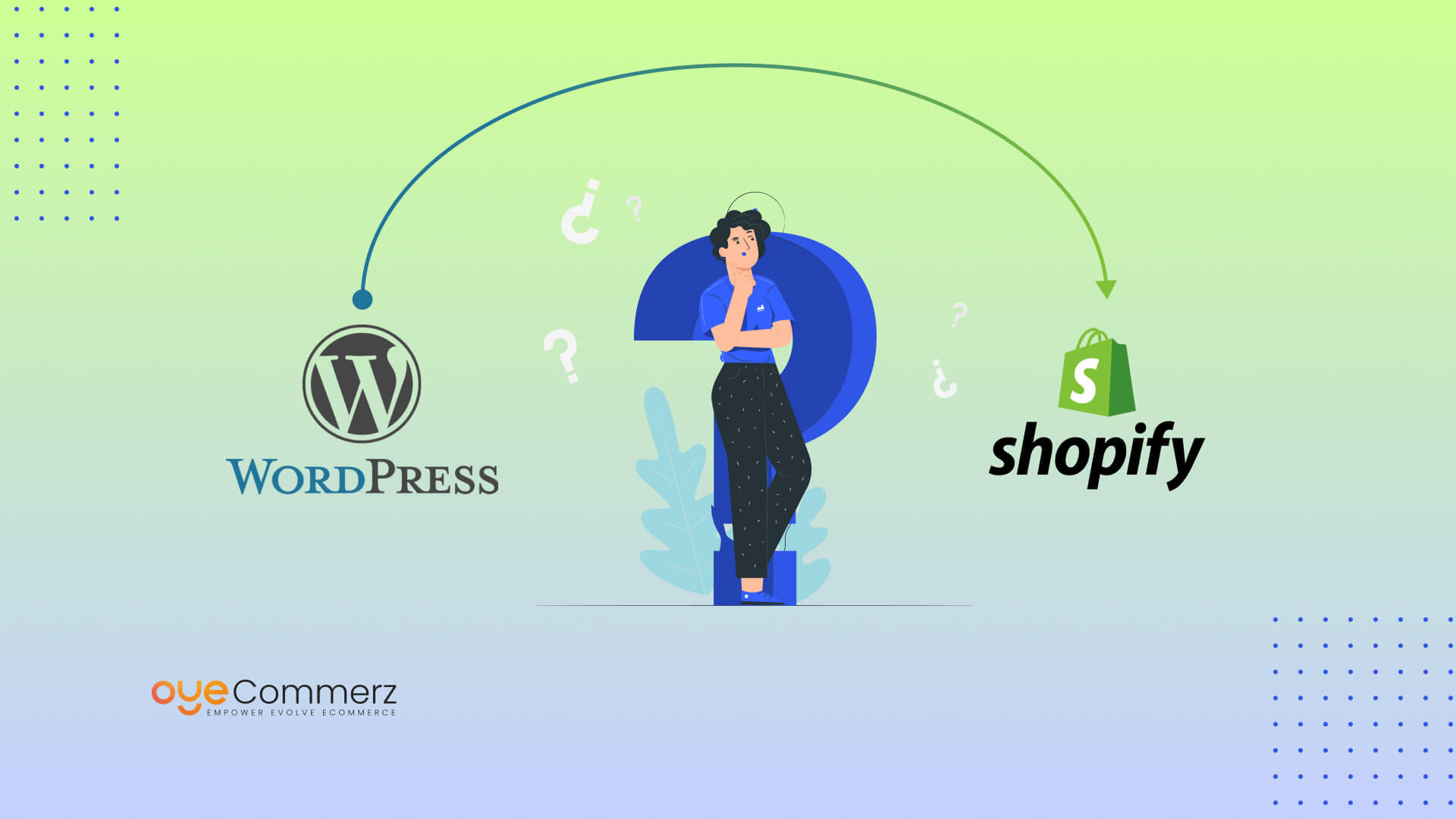In the constantly changing world of online retail, selecting the best system is crucial for your company’s growth. If you’re presently using WordPress and considering a migration to Shopify, you’re not alone. Many businesses are switching to utilize Shopify’s comprehensive capabilities, user-friendliness, and expandability. This guide will take you through the process of migrating from WordPress to this platform smoothly, making sure that you realize your eCommerce potential.
Why Switch from WP to this platform?
Prior to diving into the migration journey, it’s crucial to know why this change can be beneficial for your online store:
Accessible Tools: Shopify features an user-friendly dashboard that simplifies store handling, allowing for non-technical users.
Scalability: As your business develops, Shopify can handle increased visitors and transactions without compromising performance.
All-in-One Solutions: Shopify includes built-in resources for SEO, analytics, payment processing, and additional functionalities, eliminating the need for numerous plugins.
Advanced Safeguards: With Shopify, you get access to advanced security features that protect critical customer data.
Steps for a Smooth Migration
Migrating your digital shop from WordPress to Shopify includes several actions.
Here’s the way to ensure a hassle-free transition:
Plan Your Migration Approach
Begin by mapping out your migration strategy. Identify which aspects of your current site you wish to transfer, such as:
Inventory information
Customer information
Purchase logs
Blog content
Pick the Right Migration Solution
Depending on your preferences, select a migration service that suits your store. OyeCommerz provides several plans:
Basic Migration Package: Ideal for Shopify eCommerce solutions boutique stores with fewer products.
Mid-Tier Plan: Appropriate for growing businesses with moderate requirements.
Advanced Plan: Excellent for big stores needing extensive customization.
Save Your Information
Before initiating the migration, guarantee that you have a complete copy of your WP site. This step is essential in situations where anything goes off track during the migration.
Extract Your Data from WP
Leverage tools or custom scripts to transfer key information from your WP site:
Inventory
Users
Orders
Articles
Import Information into Shopify
After you have your information retrieved, employ Shopify’s built-in features or third-party apps to migrate your information into your new store. Confirm that all data is correctly organized and arranged.
Customize Your Shopify Store
Once uploading information, tailor your Shopify store’s design to match with your style. Consider engaging a designer if you require complex customization.
Configure TransactionOptions and Shipping Options
Arrange transaction methods and shipping settings in Shopify to create a smooth Shopify platform setup checkout experience for customers.
Apply Search Engine Optimization Standards
To keep your SEO performance during the migration:
Implement 301 redirects from previous URLs to new ones.
Revise descriptions.
Optimize images and copy for better ranking.
Evaluate Your New Platform
Before launching, thoroughly review your migrated platform. Identify any discrepancies, checkout failures, or untransferred content.
Launch Your Store
After everything is in place, it’s the moment to launch! Announce the change to your users and encourage them to experience the enhanced features of your Shopify store.
Post-Migration Assistance
Post releasing your new store, continued support is important. Think about partnering with professionals who can help with:
Site maintenance
Customer engagement
Improvement strategies
Conclusion
Migrating from WordPress to Shopify can be a game-changing decision for your digital business. By using this guide and working with experts like those offered by OyeCommerz, you can ensure a effortless transition that improves your business potential. Embrace the change and unlock the potential of Shopify today!

Comments on “Unlocking online retail Growth: The Ultimate Guide to Smooth WordPress to eCommerce Migration”